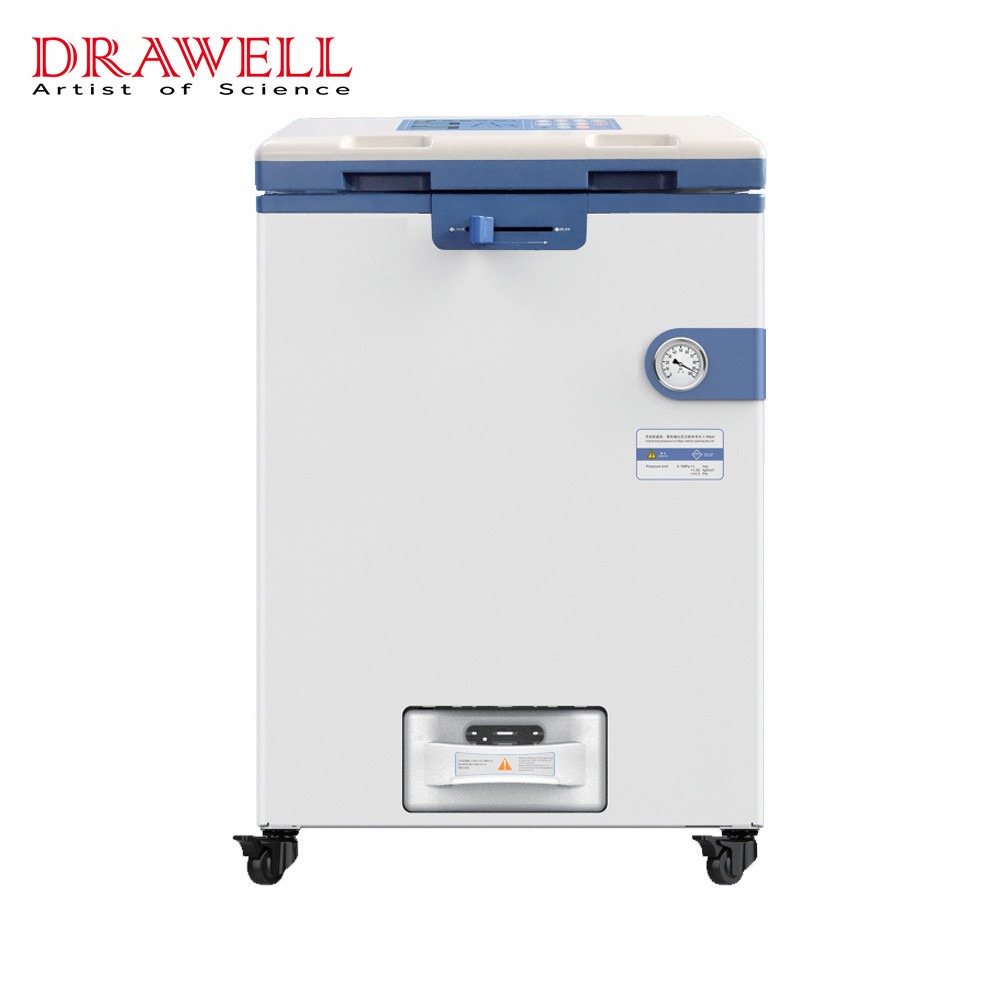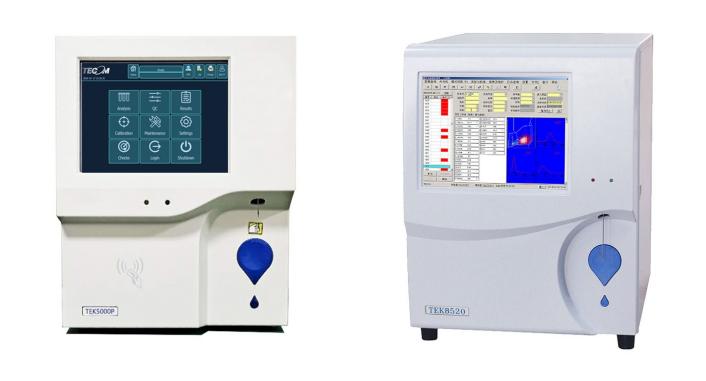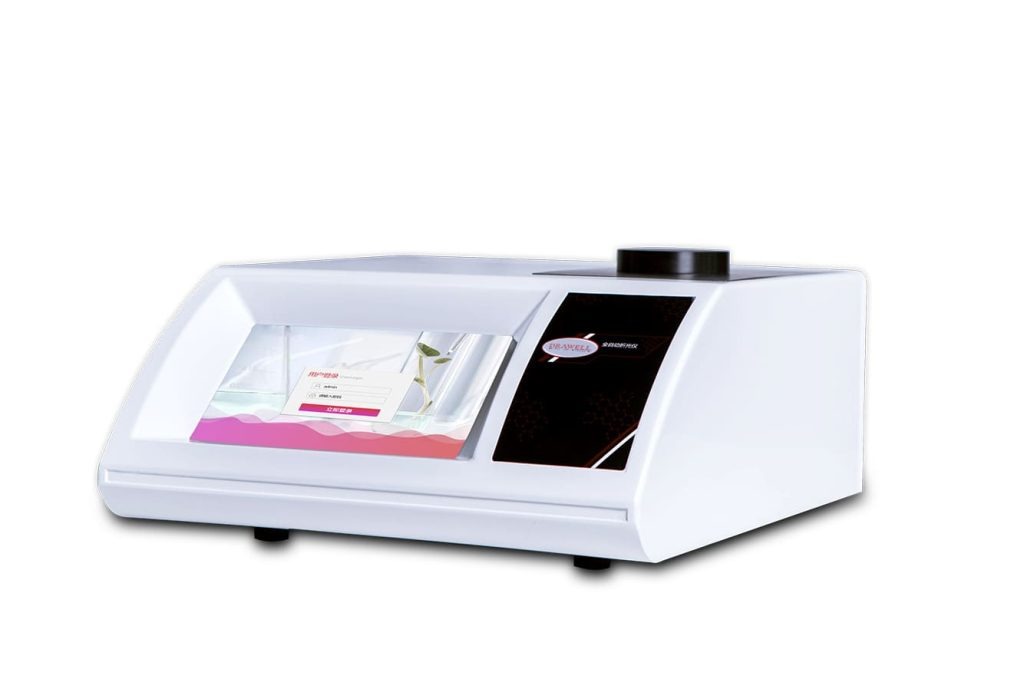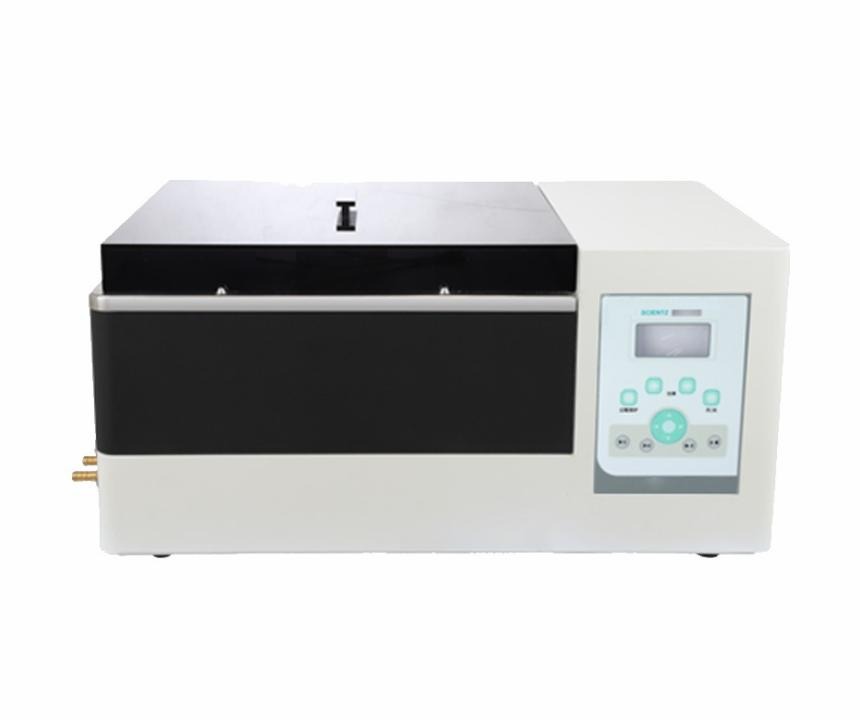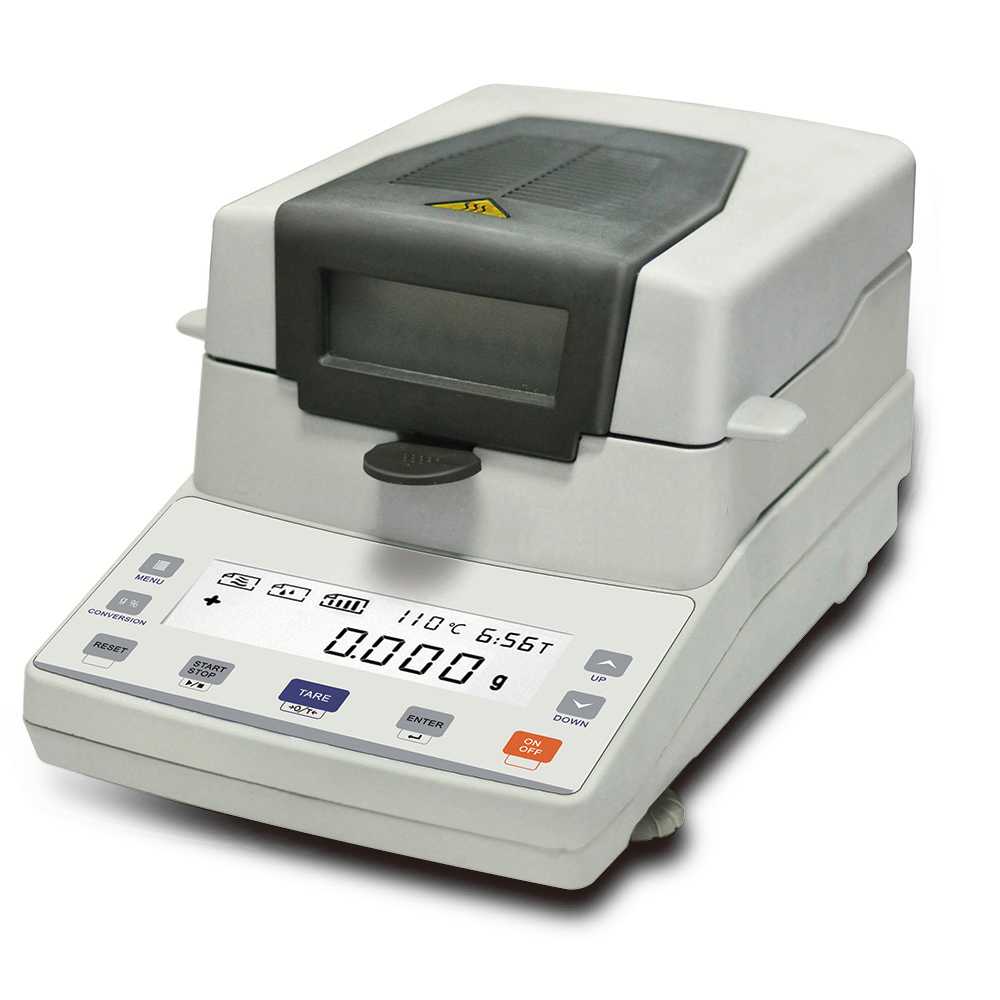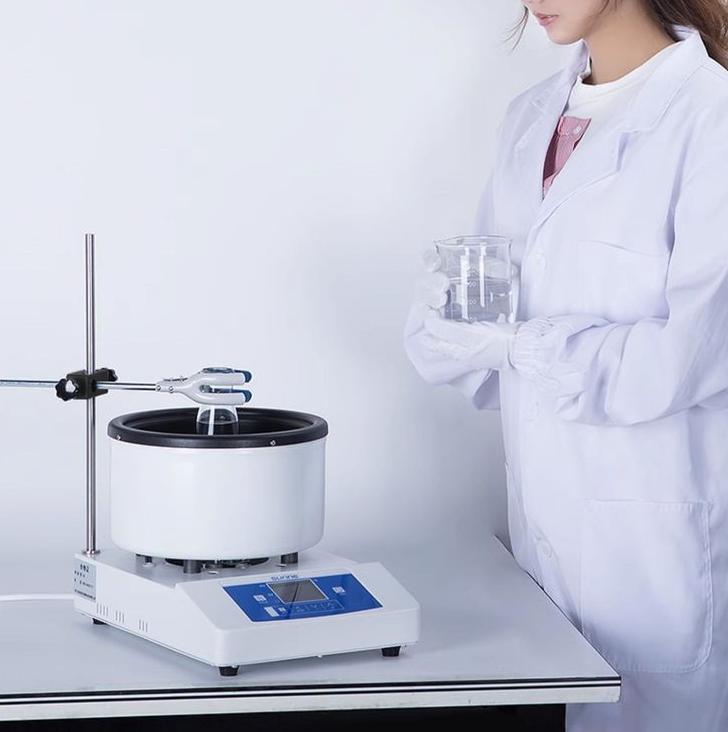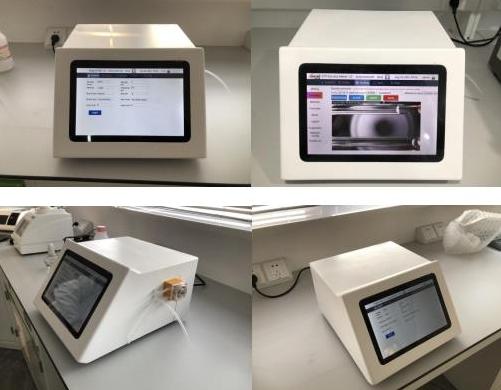News
What are the Different Types of Cooling Machines for Labs?
In laboratory settings, temperature control is essential for accurate experiments, precise results, and the preservation of sensitive materials. Cooling machines are used in labs to maintain the appropriate temperature for various applications. Understanding the different types of cooling machines is key to selecting the right one for specific laboratory needs. This article will focus on the…
Vacuum Autoclave vs Non-Vacuum: When to Choose Each
Sterilization is a critical aspect of maintaining safety and hygiene in various industries, including healthcare, research, and manufacturing. Autoclaves, widely used for sterilization, come in two main types: vacuum autoclave and non-vacuum autoclave. Choosing the right type of autoclave can significantly impact sterilization efficiency, cost, and suitability for different applications. This article explores the differences between vacuum…
Comparing 3 Types of Auto Hematology Analyzers: How to Choose the Right Type
Auto hematology analyzers are used to perform automated analysis of blood samples for a wide range of diagnostic purposes. These machines provide critical information on various blood components, including red blood cells (RBCs), white blood cells (WBCs), platelets, and other essential parameters like hemoglobin concentration, hematocrit, and cell morphology. With numerous models available, choosing the right…
What Are the Impacts of Temperature on Automatic Refractometer Performance
Automatic refractometers are essential tools in industries ranging from food and beverage production to pharmaceuticals and chemical analysis. Their primary function is to measure the refractive index of substances, which can provide critical information about the composition and concentration of solutions. However, temperature is a key factor that significantly influences the performance of these instruments. Accurate refractometer…
How to Address the Challenges in TOC Analyzers forComplex Matrices
Total Organic Carbon (TOC) analysis is a critical process in various industries, such as environmental monitoring, pharmaceuticals, food and beverage, and wastewater treatment. It plays a pivotal role in determining the level of organic contamination in water, soil, and other complex matrices. However, analyzing complex matrices with high levels of interference or varied physical properties poses…
Top Factors Affecting Centrifugal Effects
Centrifugation is a widely used technique in laboratories and industries for separating components of mixtures based on their density differences. It plays a critical role in fields such as biochemistry, molecular biology, and chemical engineering, where efficient separation is often essential. Despite its simplicity in principle, the effectiveness of centrifugation is influenced by multiple factors…
How Ultrasonic Cell Crushers are Transforming Sample Preparation
Sample preparation, the crucial first step in any analytical process, often dictates the success of downstream experiments. From isolating proteins for proteomic studies to extracting DNA for genetic analysis, the integrity and purity of the prepared sample are paramount. Traditionally, methods like mechanical grinding and chemical lysis have been the mainstay, but these techniques often…
Comparing Halogen Moisture Analyzers with Other Moisture Analyzers
Accurate moisture measurement ensures product quality, prevents spoilage, and maintains compliance with industry standards. Among the various moisture measurement technologies available, halogen moisture analyzers are widely recognized for their precision and efficiency. However, other types of moisture analyzers, including infrared, microwave, capacitance, and resistance-based analyzers, also serve essential roles in different applications. This article compares halogen…
Common Laboratory Heating Techniques and Equipment
Heating is one of the basic operations in the research of chemistry, biology, materials and other disciplines. Its core goal is to achieve sample processing, reaction acceleration or physical property analysis through precise temperature control. From simple alcohol lamps to intelligent microwave reactors, the iteration of heating equipment has not only improved experimental efficiency, but also…
What are Effective Calibration Techniques for Density Meters to Enhance Accuracy
Density meters are essential instruments in laboratories and industrial applications to measure the density of liquids, gases, or solids. Accurate density measurements are critical for quality control, process optimization, and regulatory compliance. However, the accuracy of a density meter depends heavily on proper calibration. This article explores various calibration methods to enhance the accuracy of density meters. The…



